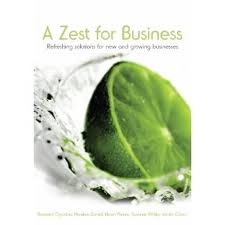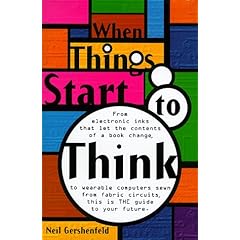Sad to report on the untimely death of Alastair Ross Goobey.
 According to Property Week he will be remembered in the business world for championing ideas on corporate responsibility and governance that were unpopular at the time but are now part of the UK Combined Code which governs the management of public companies.However whilst CEO at Hermes Pensions Management he was an inspiring leader. Not only did he get to know each and every one of the 300 staff by spending time, almost every day wandering the floors engaging in conversation, they felt they could talk to him without fear or intimidation (a rare thing in the City). He also delegated responsibility down through the corporate hierarchy encouraging those with talent and ambition to develop their potential. I think many CEO’s could learn from his ‘management-by-walking-around’ approach.
According to Property Week he will be remembered in the business world for championing ideas on corporate responsibility and governance that were unpopular at the time but are now part of the UK Combined Code which governs the management of public companies.However whilst CEO at Hermes Pensions Management he was an inspiring leader. Not only did he get to know each and every one of the 300 staff by spending time, almost every day wandering the floors engaging in conversation, they felt they could talk to him without fear or intimidation (a rare thing in the City). He also delegated responsibility down through the corporate hierarchy encouraging those with talent and ambition to develop their potential. I think many CEO’s could learn from his ‘management-by-walking-around’ approach.
I remember many interesting and entertaining conversations with him over lunch in the staff canteen. He had a very dry sense of humour, and I remember being asked to track down images of sheep and lemmings for presentations to fellow fund managers. My colleagues and I had fun imagining their impact on the audience.
The way he dealt with challenge of leukaemia was typical of his tenacity, grit and good humour, which only increased the respect and admiration of his colleagues. The fact that he beat the disease against high odds for so many years is testament to his amazing positive attitude to life. During over a year of intensive chemo and radio therapy he only missed three days from work.
A former colleague quoted in The Times remembers how Alastair never sought the high financial rewards that other colleagues in the fund management industry received: “I just think I missed out on the greed gene.”
The Independent newspaper has a good summary of his achievements.





 This amazing book by Neil Gershenfeld the director of the Center for Bits and Atoms at the Massachusetts Institute of Technology was so futuristic when it was written in 1999 that we are still waiting for many of his predictions to come true.
This amazing book by Neil Gershenfeld the director of the Center for Bits and Atoms at the Massachusetts Institute of Technology was so futuristic when it was written in 1999 that we are still waiting for many of his predictions to come true. Wikipedia is a registered charity which cost $1 million in 2007 and forecasted to cost $2-3 million in 2008 which is amazing considering it is now the 8th most popular website in the world. Even in Iran it is the 14 most popular.
Wikipedia is a registered charity which cost $1 million in 2007 and forecasted to cost $2-3 million in 2008 which is amazing considering it is now the 8th most popular website in the world. Even in Iran it is the 14 most popular.